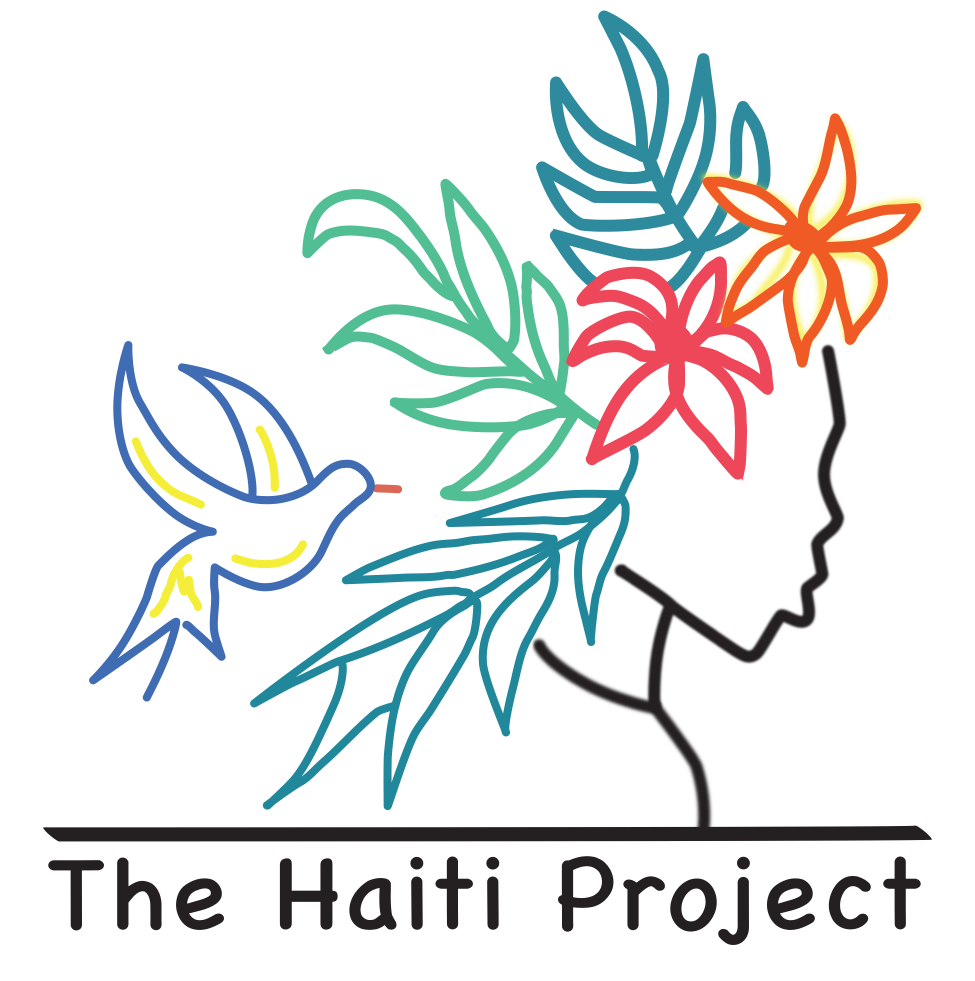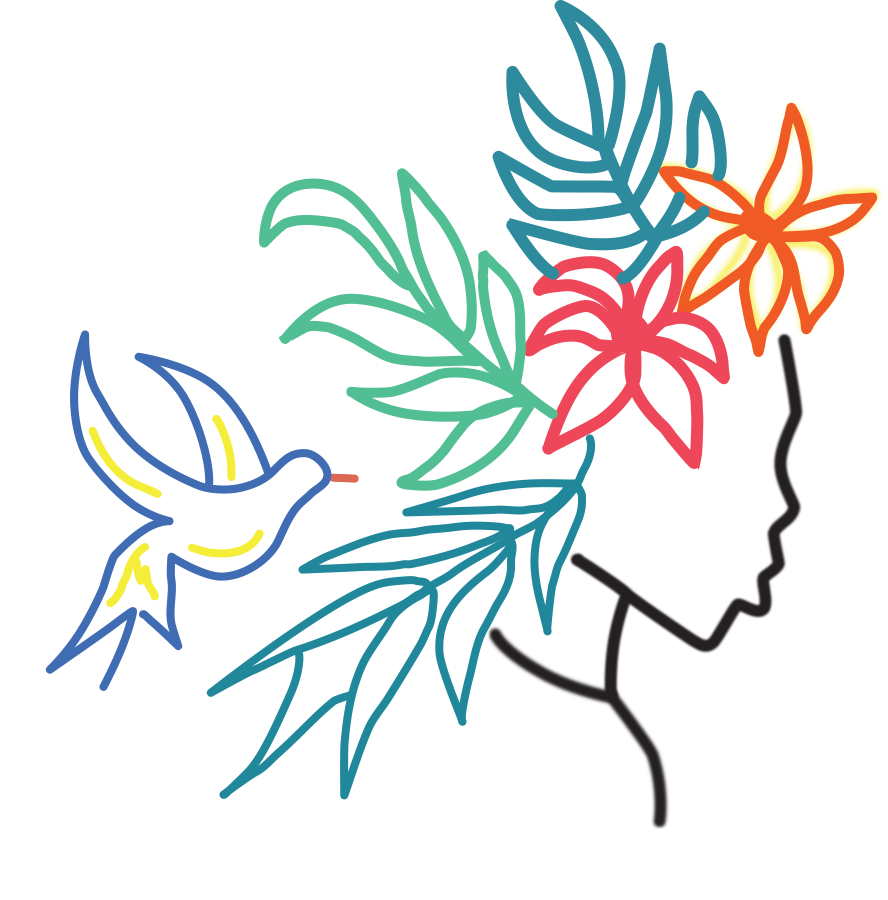Vassar Haiti Project moves from one Arlington to Another
Unable to travel to Haiti amid the protests, the Vassar Haiti Project persevered, instead bringing Haitian wares to the First Parish Unitarian Universalist in Arlington, MA. Courtesy of Vassar Haiti Project.
VHP Students Brianna Robinson ‘23 & Laury Senecal ‘23
After spending three days in the First Parish Unitarian Universalist in Arlington, Mass. for an art sale hosted by the Vassar Haiti Project (VHP), one of VHP’s Events Directors, Shuri Oshiro ’22, reflected on the current political upheaval in Haiti and holding an art sale at this critical juncture: “[The PetroCaribe protests] happening in Haiti now has a complex genealogy, and sometimes as student volunteers, we struggle to figure out how to represent the situation. But, the way we try to occupy the space in Arlington is critical to initiate conversations and raise awareness about Haiti by centering the voices of Haitians.”
The past few years have indeed been tumultuous for Haiti. Since 2018, more than two billion USD in funds accumulated from an oil deal with Venezuela went missing (TIME, “Why a Venezuelan Oil Program Is Fueling Massive Street Protests in Haiti,” 06.24.2019). This sparked ongoing protests starting in August 2018, known as the “Kot kòb PetwoCaribe a? [Where is the PetroCaribe money?]” protests. In 2019, more violence has been directed at demonstrators and the daily lives of Haitians have increasingly been disturbed. Meanwhile, more people across the country have taken to the streets to demand the resignation of current president Jovenel Moïse due to his government’s alleged corruption. Protests further intensified as fuel has become increasingly scarce and its price has skyrocketed to around $16 per gallon, according to one of VHP’s contacts in Haiti. Many of Haiti’s larger cities have had to shut down hospitals and schools. The price inflation of goods from food to medication has also posed major challenges to residents (The Nation, “Haiti Is in the Streets,” 10.24.2019). Despite the unrest, Moïse has neither given in to demands nor presented any viable pathway toward compromise. The situation remains unresolved.
As members of VHP follow the situation through media, we are saddened not only to see the strife present in Haiti, but also the rebuilding of a narrative that frames Haiti as a violent, unstable and “backward” place. Many journalists have shared this narrative, rather than frame Haiti as a place that has survived systematic global violence and has risen up countless times to shape a new future for themselves. It’s equally frustrating to see how the news about Haiti is relegated to the corners of mainstream newspapers across the country. The urgency of these stories is diluted by other pieces of news deemed more important. In this context, hosting a Haitian art sale becomes even more essential, because it is not only how the Vassar Haiti Project raises funds for our community-led initiatives (including Women’s Cooperative, water purification, reforestation, healthcare access and education initiatives), but also how we promote Haitian culture and reframe narratives about Haiti.
Since 2001, VHP has been committed to the promotion of sustainable, community-led development, and the welfare of artisans and artists in Chermaitre, a rural village in northwest Haiti. Typically, during spring break, a group of 10 students, along with VHP co-founders Lila and Andrew Meade, travel to Haiti to discuss the successes and challenges that the schools, clinic, women’s co-operative and village as a whole have faced. Conversations allow us to collaboratively plan future projects and ensure that all the work we do stems from what the community envisions for themselves. Additionally, the trip is an opportunity for us to purchase art in preparation for future events.
Unfortunately, last March, because of the ongoing political strife in Haiti, we were unable to have these key conversations on the ground. However, we were able to continue our conversations with our key partners in Haiti, Dr. Gueslin Joassainvil and Père André Wildaine, who confirmed that the situation is challenging—but they still hope that Haiti is on the cusp of a new era.
Instead of going to Haiti, the group traveled to Arlington, Mass. and met with members of the First Parish Unitarian Universalist, a church to which some members of VHP belong. That was when the first seed was planted for an art sale that would eventually blossom.
Six months after the visit, 26 Vassar students loaded up a U-Haul with Haitian art and traveled from one Arlington to another. From Nov. 1-3, the community center space at First Parish Unitarian Universalist Church was transformed into one with colorful displays of the talents of Haitian artists, as the room was entirely embellished with vibrant paintings and handicrafts.
The Arlington sale proved a huge success, as the liveliness of the artworks and the passion of volunteers and customers allowed artists and viewers alike to celebrate the beauty of the country. Benoit Profélus, a Haitian artist whose work was showcased at the sale, has described his two dreams: to “become a bigger artist” and “go to every country and exhibit.” In the same interview, he described how he uses painting to present how he views Haiti. Using their art as a lens, Benoit and his colleagues’ work shows that despite the turmoil, the Haitian spirit of strength and dignity lives on.


